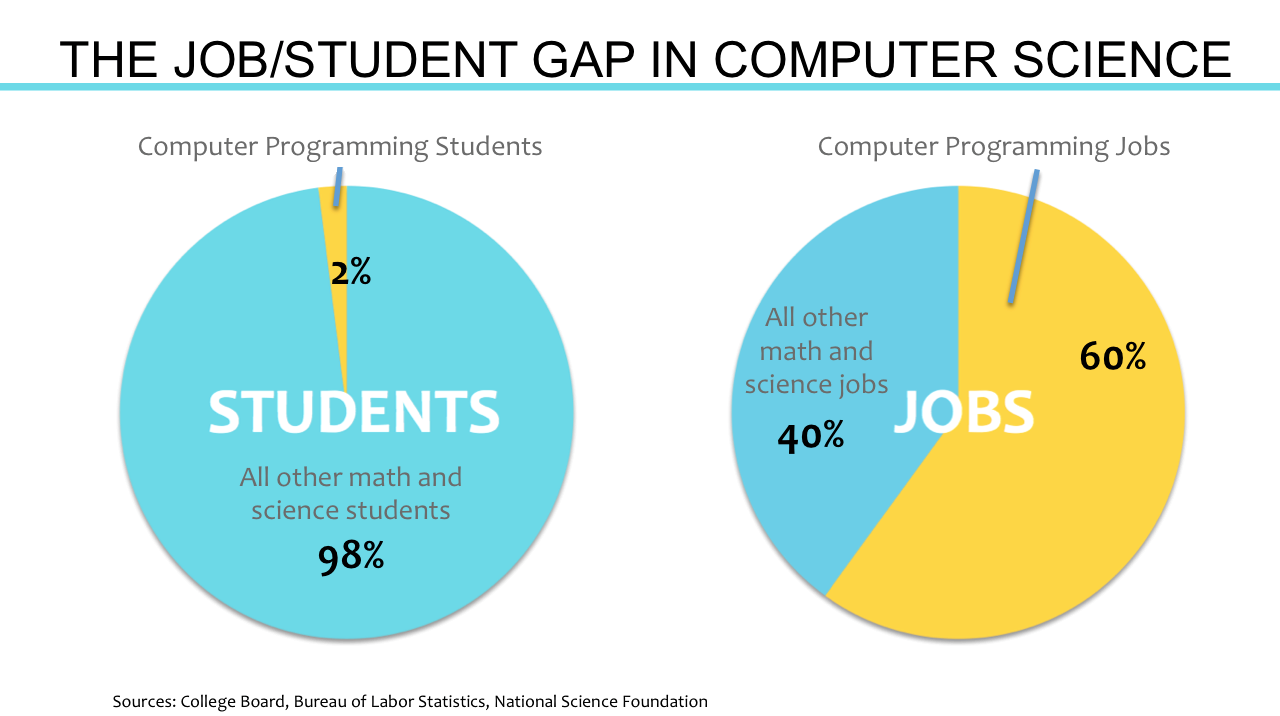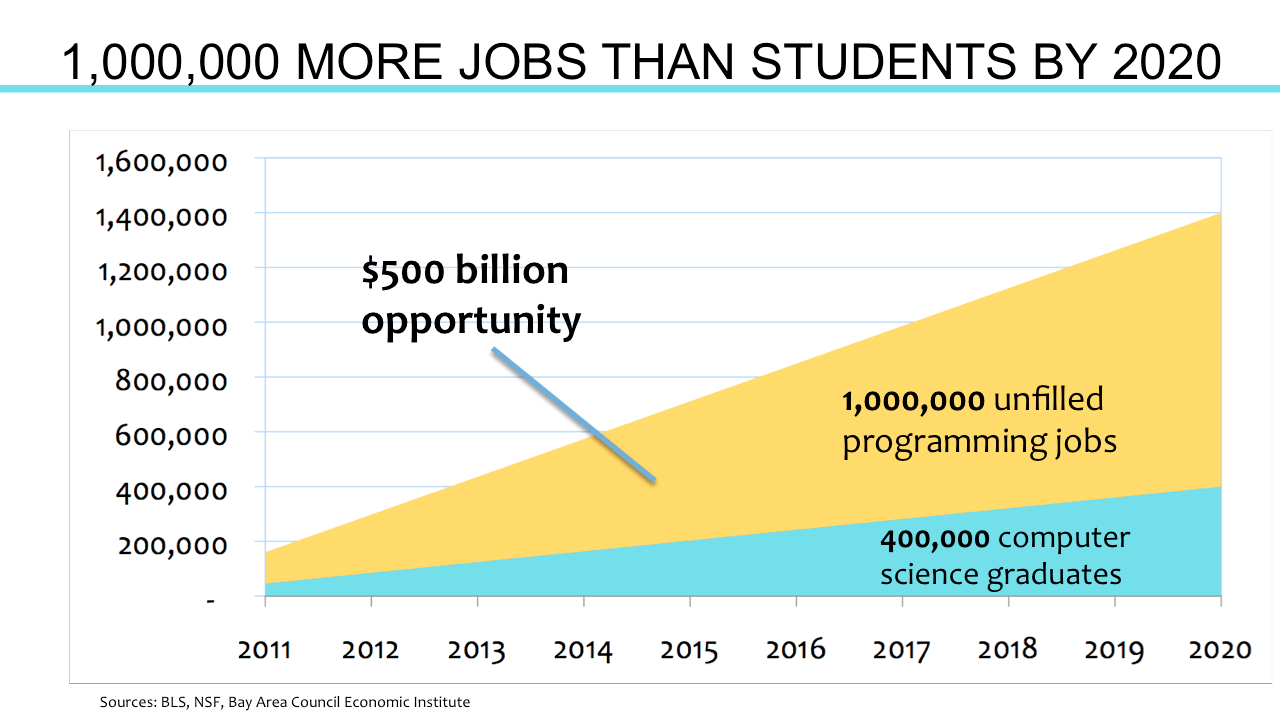|
|
|
|
|
|
|
|

Notes on Translation
The electronic translation service on the York Region District School Board's website is hosted by Google Translate. The quality of the translation will vary in some of the languages offered by Google. Google Translate is a free service and currently offers translation in over 50 languages, although an impressive number, this does not capture all languages or dialects. The basic translation’s goal is to capture the general intention of the original English material.
The York Region District School Board does not guarantee the quality, accuracy or completeness of any translated information. Before you act on translated information, the Board encourages you to confirm any facts that are important to you and affect any decisions you may make.
The York Region District School Board is committed to parent, family and community engagement, and it is our hope that by providing this tool on our website that we are making our information more accessible to families whose first language is not English and thereby enabling better engagement in public education.
|
|
|
|
|
|
Future Careers
109
Future Careers
|
|
Page Content Currently there are too few people entering computer-related professions; those that do, however, are guaranteed to find employment in an industry that continues to grow rapidly, independently of economic downturns.

According to the US Bureau of Labor Statistics, there will be a 120% increase in demand for computer scientists in this decade.

There are five general categories of computer jobs:
- COMPUTER ENGINEERS design digital hardware and software, including devices such as global communications systems, wearable implantable computers, smart phones, digital players, personal video recorders (PVRs), Internet alarm systems, high-tech body scanners, and even laser surgical tools. They integrate customized hardware and software to improve existing technologies and invent new ones.
- COMPUTER SCIENTISTS conceive and create fun and valuable apps for Android, iPhones, iPads, Windows devices, Facebook, and Twitter. They design and build software and create efficient solutions to real-world problems in fields such as robotics, computer-enhanced vision, and digital forensics.
- INFORMATION SYSTEMS specialists design and manage computing solutions that provide companies, non-profit organizations, and governments with the information they need to achieve their goals. IS professionals also employ computer systems to implement and improve the way organizations work. They combine their knowledge of computing and organizations to bridge the gap between technical and business specialists.
- INFORMATION TECHNOLOGY (IT) professionals make a living solving, supporting, troubleshooting, and designing elements of the IT infrastructure – from websites to networks, in organizations ranging from business and government to schools, health care, and more. IT specialists possess the ideal combination of knowledge and practical, hands-on expertise to support both an organization’s technology infrastructure and the people who use it.
- SOFTWARE ENGINEERS see the whole picture – the life cycle of a product, including efficiency and reliability, meeting customers’ budgets, proper testing, and maintenance. Large, expensive software systems often play a vital role in safety-critical applications and are made up of many smaller building blocks.
To learn more about really cool careers in computer science, check out the Association for Computing Machinery Careers Website and watch What Most Schools Don't Teach and Choose Computer Science.
|
|
|
|
|
|
|
|
|
|
|
|
|